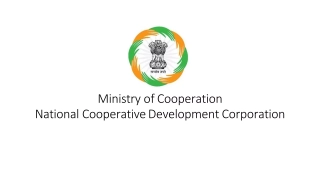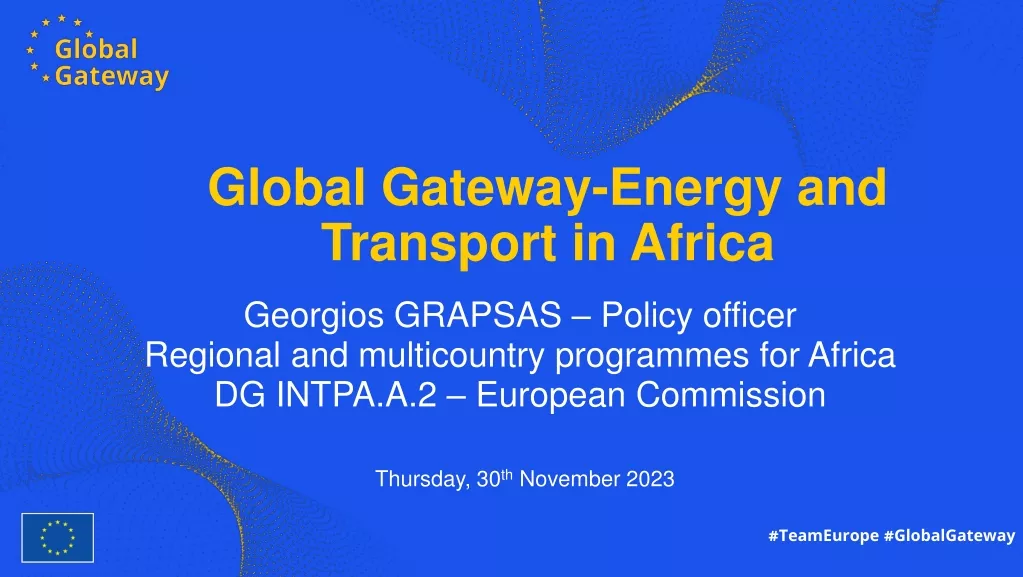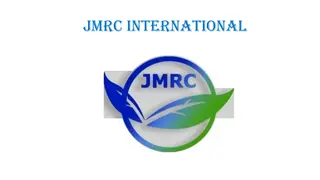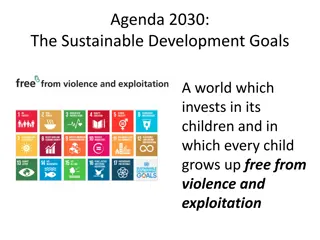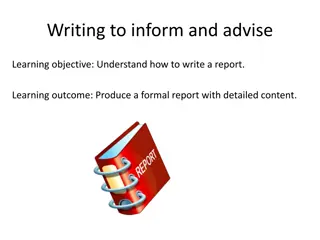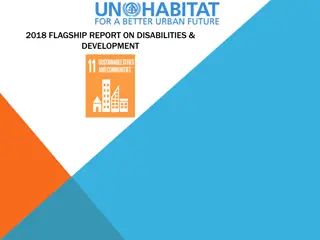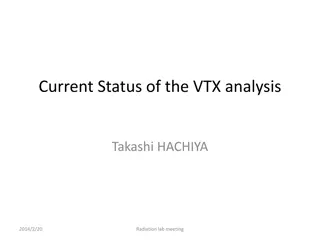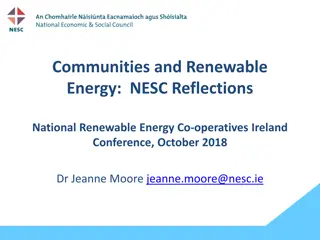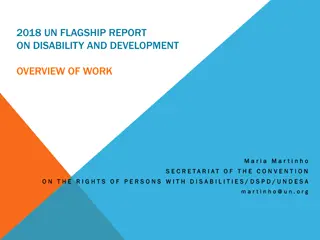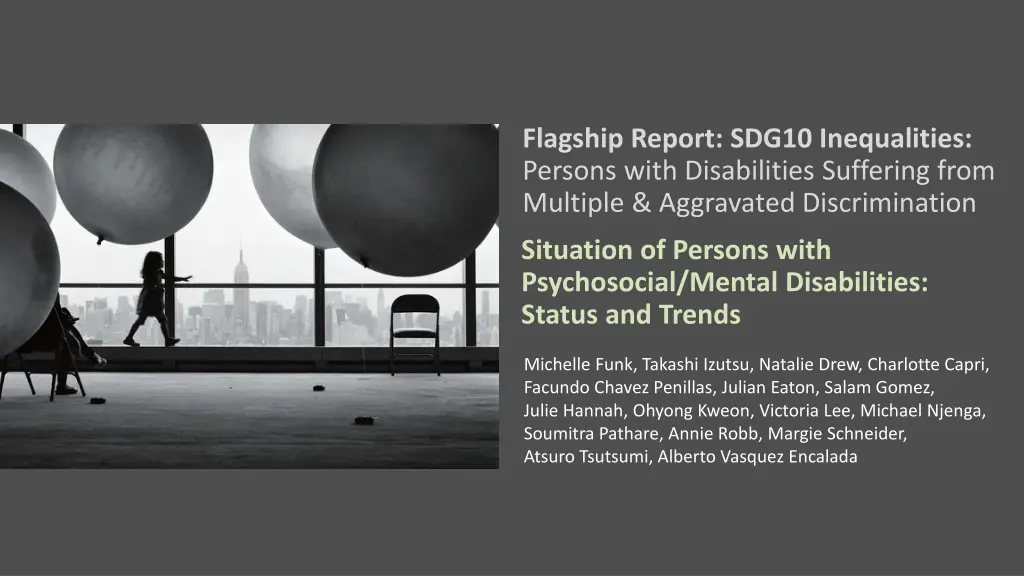
Persons with Psychosocial Disabilities: Discrimination & Rights
Persons with psychosocial/mental disabilities face multiple forms of discrimination in society and healthcare, including denial of legal capacity and forced treatment. They are stripped of civil and political rights, leading to higher rates of poverty and neglect in disaster response. Efforts are needed to promote their inclusion and well-being.
Download Presentation

Please find below an Image/Link to download the presentation.
The content on the website is provided AS IS for your information and personal use only. It may not be sold, licensed, or shared on other websites without obtaining consent from the author. If you encounter any issues during the download, it is possible that the publisher has removed the file from their server.
You are allowed to download the files provided on this website for personal or commercial use, subject to the condition that they are used lawfully. All files are the property of their respective owners.
The content on the website is provided AS IS for your information and personal use only. It may not be sold, licensed, or shared on other websites without obtaining consent from the author.
E N D
Presentation Transcript
Flagship Report: SDG10 Inequalities: Persons with Disabilities Suffering from Multiple & Aggravated Discrimination Situation of Persons with Psychosocial/Mental Disabilities: Status and Trends Michelle Funk, Takashi Izutsu, Natalie Drew, Charlotte Capri, Facundo Chavez Penillas, Julian Eaton, Salam Gomez, Julie Hannah, Ohyong Kweon, Victoria Lee, Michael Njenga, Soumitra Pathare, Annie Robb, Margie Schneider, Atsuro Tsutsumi, Alberto Vasquez Encalada
Contents I. II. Persons with psychosocial disabilities in international human rights law III. Current state of policy and law Box 1. Good practice: Costa Rica Box 2. Without legal capacity, there are no human rights ! Box 3. South Africa case study: Disability policy of 2016 IV. UN Activities to promote inclusion of persons with psychosocial disabilities V. Conclusion Situation of persons with psychosocial/mental disabilities: Status and trends
I. Situation of persons with psychosocial/mental disabilities: Status and trends Persons with Psychosocial/Mental Disabilities continue to experience individual, institutional & structural forms of multiple discrimination in laws & policies, healthcare settings & society in general 1/4 experiences violence in a year Face denial of the right to exercise legal capacity, and self determination & control over their lives In health care settings, face forced institutionalization/treatment & abusive practice incl. seclusion/restraint, inappropriate use of medications, electroconvulsive therapy w/o consent, etc. --- > SDG3.4 Promote Mental Health & Well-being ( 15)
I. Situation of persons with psychosocial/mental disabilities: Status and trends (Continued) Persons with Psychosocial/Mental Disabilities Stripped of civil & political rights: Right to marry, to have children, to have legal representation, to defend their rights in court, & vote/stand for public office Education, employment and other income-generation are denied --- > Higher rate of poverty, lack of access to housing & social services, earlier death (10 years younger in UK) Neglected in disaster risk reduction/humanitarian action --- > Sendai Framework for DRR ( 15) & Agenda for Humanity ( 16)
II. Persons with psychosocial disabilities in int l human rights law CRPD includes those who have long-term physical, mental, intellectual or sensory impairments which in interaction with various barriers may hinder their full/effective participation Terminology Debates: Mental Impairments , Mental Disabilities , Psychosocial Disabilities , Mental Health Conditions & Psychosocial Disabilities General Comment No1 on Article 12: Equal recognition before the law: mental capacity is not a reason to deprive from exercising their legal capacity which includes capacity to accept/reject treatment. --- > Denied forced treatment by medical necessity or best interest Instead, proposed significant efforts & best interpretation of will/preference of the person concerned
II. Persons with psychosocial disabilities in int l human rights law (Continued) CRPD Committee: Deprivation of liberty: Called for repealing legislation on forced institution & appropriate remedies/redress for victims CESCR: Electroconvulsive treatment, solitary confinement, forced/over medication, etc. can be considered ill-treatment/torture --- > Called for deinstitutionalization, community-based support, free/informed consent, social protection & elimination of seclusion & restraints
III. Current state of policy and law Needs for significant overhaul of outdated mental health policies & laws in most countries General policies/laws including those on education, employment, social welfare, housing, health, justice or disability needs update and inclusion re: psychosocial disabilities According to WHO ATLAS: 92% stated policy promotes transition to community mental health services 85% indicated their policies pay explicit attention to respect for human rights 76% stated policy promotes a full range of services toward independent lives 76% states their policies promote a recovery approach to mental health care 68% indicated policy to promote participation of persons w/ disabilities 15% reported fully implementing these policies
III. Current state of policy and law (Continued) A Study: Among UN Member States, 11% set no bar on the voting rights of person with psychosocial disabilities 79% that have ratified CRPD have legal restrictions on their voting rights Nearly half countries permit dismissal from work due to psychosocial disability 1/3 fail to guarantee access to reasonable accommodations in the workplace Affirmative actions re: employment for psychosocial disabilities: Only 60% Right to marry: Denied in laws in 37% of countries 6% countries require opinion/permission from courts etc. to marry In 16% countries, psychosocial disability is permissible ground for divorce 38% countries do not recognize their contractual capacity
III. Current state of policy and law (Continued) US: 32 states restrict parental rights of persons with psychosocial disabilities (increasing from 23 states in 89 and 27 states in 99) Commonwealth countries: Laws of 71% obstruct the right to equal recognition before the law and to exercise legal capacity for persons with psychosocial disabilities by allowing decision-making by others including Drs All CW countries: Mental health legislation authorize involuntary admission/Tx 34% of CW countries grant a right to appeal to higher court against the order of guardianship Uganda, Mali and Congo Republic: No bars on the right to vote Ghana, Kenya: Prohibition of discrimination at recruitment Sierra Leone, Ghana, Sri Lanka: No restriction re: Marriage Bangladesh, Djibouti, Ghana: Right to inherit, etc.
Boxes Good practice: Costa Rica 1st country in Latin America to eliminate all forms of guardianship/curatorship Instead created guarantor for the equality before the law for full enjoyment of the legal capacity and assist the individual in making decisions with supporting access to information etc. The guarantor can notprovide informed consent on behalf of the individual with disability Without legal capacity, there are no human rights ! 2013 OAS Declaration of Antigua Guatemala on the Exercise of Capacity Law of Persons with Psychosocial Disabilities in Latin America South Africa Case Study: Disability Policy of 2016 White Paper on the Rights of Persons with Disabilities
IV. UN Activities WHO: Mental Health & Development ( 10), Comprehensive Mental Health Action Plan ( 13), QualityRights Toolkit ( 12), new guidance on community based mental health services/support DESA: Policy Analysis w/ WHO ( 10), IDPD Panel Discussions, Expert Group Meetings, DESA Forum at WCDRR, RHS, COSP, HABITAT III UNICEF/UNFPA UNU: Expert Group Meetings, Research Publications Human Rights Council: A/HRC/RES on mental health and human rights ( 16) Report of UN HCHR: Mental health and human rights ( 17) Special Rapporteur on the Rights to Health: Report ( 05, 09, 15, 17) Special Rapporteur on the Rights of Persons with Disabilities Committee on the Rights of Persons with Disabilities, etc.
Conclusion Further efforts needed for realization of protection/promotion of all human rights of persons with psychosocial disabilities with inclusion, participation and accessibility Promotion of participation of persons with psychosocial disabilities in decision- making process is the key Terminologies and implementing tools/mechanisms Constructive and coordinated multi-stakeholder efforts and collaboration required: Disability, disaster risk reduction, development, education, employment, financial health, etc.

